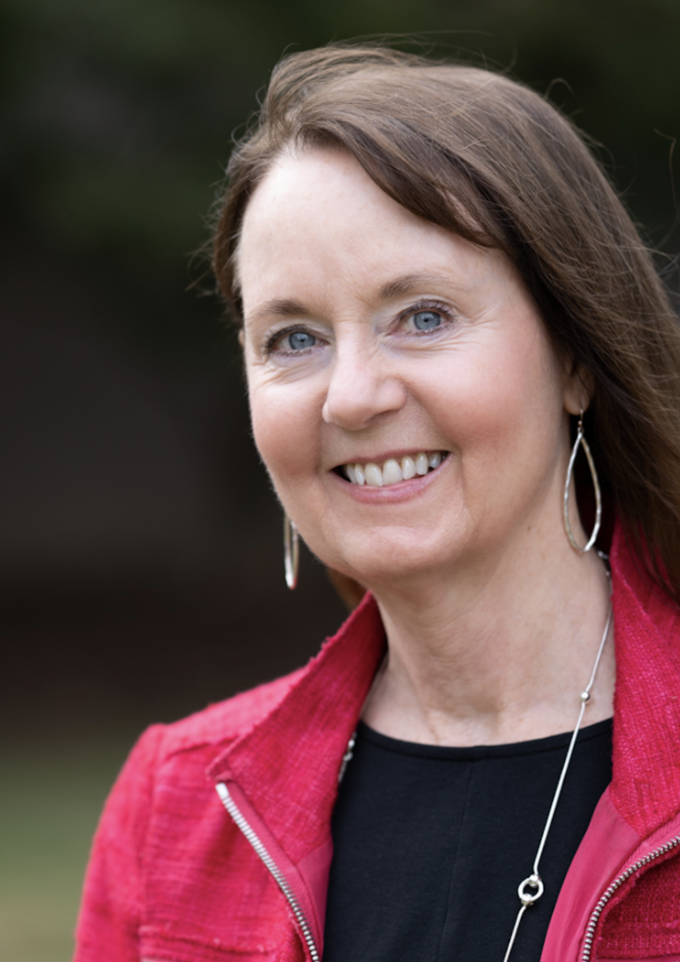National Mental Health Awareness Month
It is well documented that the COVID pandemic has negatively affected the well-being of many children and families in the nation and Spartanburg County is no exception. Higher levels of stress have resulted in increased anxiety, depression, substance abuse, suicides and violence. These harmful impacts have disproportionately affected low-income families, people of color and children living in high stress environments. According to the Centers for Disease Control, children who have had three or more adverse childhood experiences have a higher prevalence of mental, emotional or behavioral disorders (36.3% versus 11.0%).
We can prevent many of these poor outcomes when we have safe, supportive, nurturing and equitable environments in our homes, schools and communities. It is well-documented that supportive and nurturing relationships with adults fosters resiliency and increases a child’s capacity to develop essential skills that lead to strong mental, emotional and behavioral well-being.
The Spartanburg Academic Movement’s Center for Resilient Schools and Communities is an initiative to empower children, families, neighborhoods, and schools with the tools they need to build resilience. CRSC works with Spartanburg County families, schools, and communities to build supports and systems that increase children’s success, particularly in neighborhoods where educational disparities exist.
We believe that every person can achieve success when provided with the necessary resources and support to overcome challenges. Together we can make the impossible achievable.
“Building resilience in children is not about making them tough. Resilience is the ability to recover from difficulties and manage how you feel and act.
The Center also works with supporting agencies that serve those four groupings with the tools they need to develop personal and community resilience. This work is instrumental in reaching the Spartanburg Academic Movement goal to build economic mobility anchored in academic achievement.
Children can learn to manage stressful circumstances when they have the necessary support. We can foster this healthy adaption through building supportive relationships with children and adults in our neighborhoods, churches and schools. Spartanburg has strong evidence supported programs for children and youth such as Big Brothers and Big Sisters, Citizen Scholars, My Brother’s Keeper, and Girls on the Run to name only a few. We can get involved and support these efforts with our time and resources.
We must also build supportive relationships with our families who are struggling to get by and connect them to tangible supports that can lead to skills of resilience. We can support efforts to remove barriers and ensure equitable access to resources necessary for families to thrive.
We cannot always eliminate serious stressors but supportive relationships and healthy coping strategies can turn overwhelming toxic stress into something tolerable. These acts of humanity are preventive and lead to healthy resilient children, adults and communities.
The Spartanburg Academic Movement (SAM) is a non-profit organization working to convene partners, align resources, and advance equity to improve economic mobility anchored in academic achievement. SAM’s work uses the StriveTogether cradle-through-career framework for building success across Spartanburg County.
RESOURCES:
Meet Dr. Jennifer Parker, Ph.D., LPC
Spartanburg Academic Movement
Director of Child, Youth and Family Services
Dr. Jennifer Parker leads SAM’s emphasis on child and family health and well-being in its systemic approach to increase economic mobility and educational success for Spartanburg County residents.
Parker served as a psychology professor at USC Upstate and is the Founding Director of the University’s Child Protection Training Center. The Center, created to reduce Adverse Childhood Experiences (ACEs) and improve community response to child maltreatment began as one of only four in the nation. Under Parker’s leadership, thousands of professionals serving children and families were trained in multiple strategies to build resilience for those facing the most traumatic life situations.
Parker earned her Ph.D. in Family and Child Development from Virginia Polytechnic Institute and State University and graduated from the Harvard University Management and Leadership in Education program. She is a graduate of the Diversity Leaders Initiative at the Riley Institute, Spartanburg Regional Fellows, and a South Carolina ACE Interface Master Trainer. She completed “Faith and Racial Equity” training and is pursuing a “Systemic Racism in Child Welfare” certificate through the American Professional Society on the Abuse of Children (APSAC).


